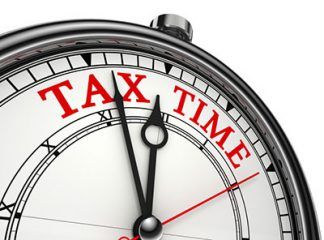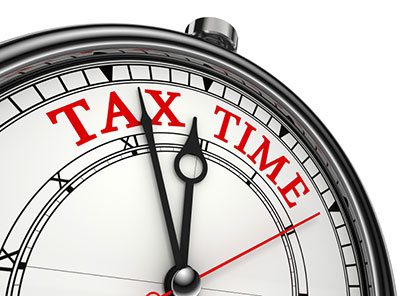Number of Buy-to-Let Deals Highest in Almost a Decade

Number of Buy-to-Let Deals Highest in Almost a Decade
The number of buy-to-let deals has soared by 7% in just one month, reaching its highest level since December 2007, according to the Moneyfacts UK Mortgage Trends Treasury Report.
On a monthly basis, the amount of buy-to-let deals has risen from 1,613 to 1,725. In September last year, 1,339 were available.
Charlotte Nelson, a Finance Expert at Moneyfacts, says: “The buy-to-let market has had an understandably bumpy ride of late, considering all the regulation and tax changes it has had to contend with. Despite this, the market seems to be buoyant, with the number of available products reaching its highest point since the 1,942 products that were recorded in December 2007, almost a decade ago.
“The market has clearly recovered from the tougher affordability rules that were put in place on 1st January, when it saw a dramatic drop in the number of products available to landlords. Since then, the number of deals on offer has gone from strength to strength, culminating in a rise of 7%, the highest month-on-month growth Moneyfacts has seen in 2017.”
She continues: “Despite reduced buy-to-let activity in the first quarter of this year, competition among lenders remains high, as providers fight to retain their standing in a diminished market. As a result, rates have also fallen, with the average two-year buy-to-let fixed rate down from 2.91% in August to 2.86% in September and another record low. This leaves borrowers looking for a buy-to-let mortgage today in a good position.
“Providers are now starting to get ready for further changes at the end of September, which will see lenders apply stricter standards to those with four or more properties. It is still uncertain how providers will choose to react to the new changes, but product numbers could climb as providers start to target their products to the two different types of borrower. However, despite this increased choice, rates might not improve.”
Nelson adds: “The extra pressure on the buy-to-let market could be a turning point, with the competition that is currently alive and well amongst providers perhaps starting to ebb as they shift their focus to ensuring the new regulation is followed.”
With so many buy-to-let deals available, perhaps it’s time to look for another property to invest in?










